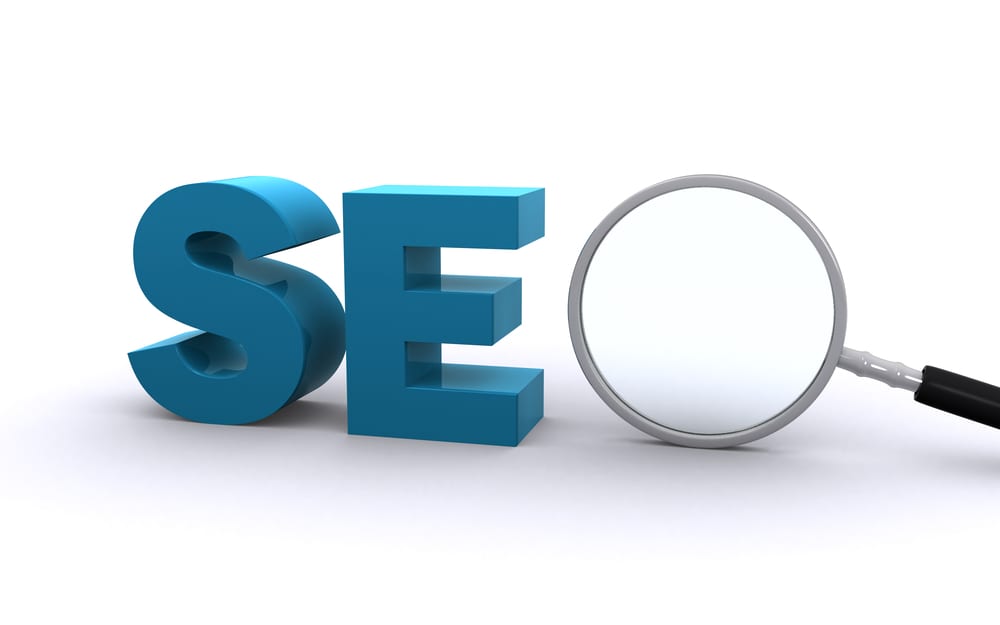SEO stands for “search engine optimization.” Search Engines use processes to identify content to match a user’s search query. Website owners use
All major search engines such as Google, Yahoo and Bing have such results, where web pages and other content such as videos or local listings are shown and ranked based on what the search engine considers most relevant to users.
Google is the most popular Search Engine at present, Google logs 2 billion searches a day. However, it has never released full details of its
[youtube]http://www.youtube.com/watch?v=KyCYyoGusqs&feature=relmfu[/youtube]
So, from experience and vast research over the last few years I have compiled a checklist which I use regularly (almost daily at this stage).
Related:
Keywords
- Complete an extensive keyword analysis to find words relevant to the industry/product/niche.
- Create high quality content which will be searched by search engines. However, remember that this content must benefit your website’s users in some way. Pointless content dilutes your brand’s message. Ensure that content is added regularly – a blog/latest news section on website would aid this.
- Add unique titles and descriptions to each page of the website.
- Add important keywords to page titles, meta-descriptions and the HTML headings (H1-H6) Again remember that these will be seen by users to it is important to write these to entice the users further into your site.
- Ensure all images on site have a descriptive ALT text included
Related: Why SEO Is Not Optional – A Back To Basics Guide
URLs, Links and SiteMap
- Include important keywords in URLS
- Ensure links are
SEO friendly. Use dashes as opposed to underscores in URLS - Create links from homepage to each page and vice versa.
- Check that all links work, and bring the user to the correct page. Remove all broken links.
- Registered domain name should contain relevant keywords if possible
- Create XML and/or HTML sitemaps. Submit these to search engines and ensure these are updated regularly.
Related: SEO vs. SEM: Is There a Difference?
Analytics
- Ensure Google Analytics account (or other web analytics package) set up and integrated with site by adding the tracking code on all pages of the website. To get full details of how to obtain the tracking code are, click here.
- Develop a strong Link building Strategy for inbound and outbound links.
- Monitor competitor websites
- If using Social Media, make sure these are included on website.
SEO is a cost-effective method to acquire customers. There is no payment to the search engines for being indexed.
Engaging in
Related: SEO Blunders Can Be Costly In More Ways Than One
The constant battle of trying to get your website ranking highly in Search Engine results is eased if the basics of
“If opportunity doesn’t knock, build a door” ― Milton Berle.
Did you like this article? Sign up for our RSS, like us on Facebook or follow us on Twitter


